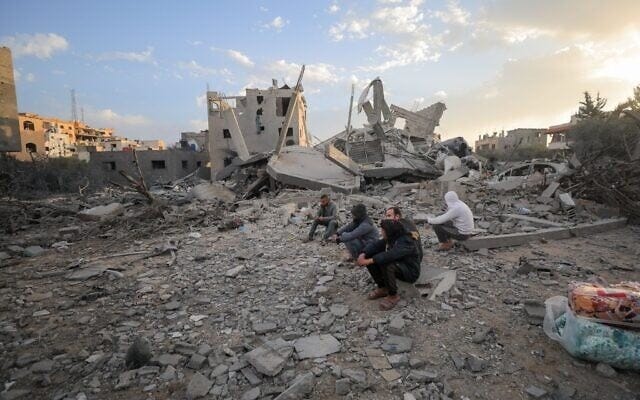Trump's Middle East Pottery Barn problem
The Gaza ceasefire existed because he wanted it to; its collapse has his explicit endorsement.
President Donald Trump entered office in January with an accomplishment already on his résumé: brokering a Gaza ceasefire deal that seemed to promise a new chapter of regional calm. The January agreement halted 15 months of devastating warfare, froze Houthi attacks on shipping in the Red Sea, and appeared to position Trump as t…




